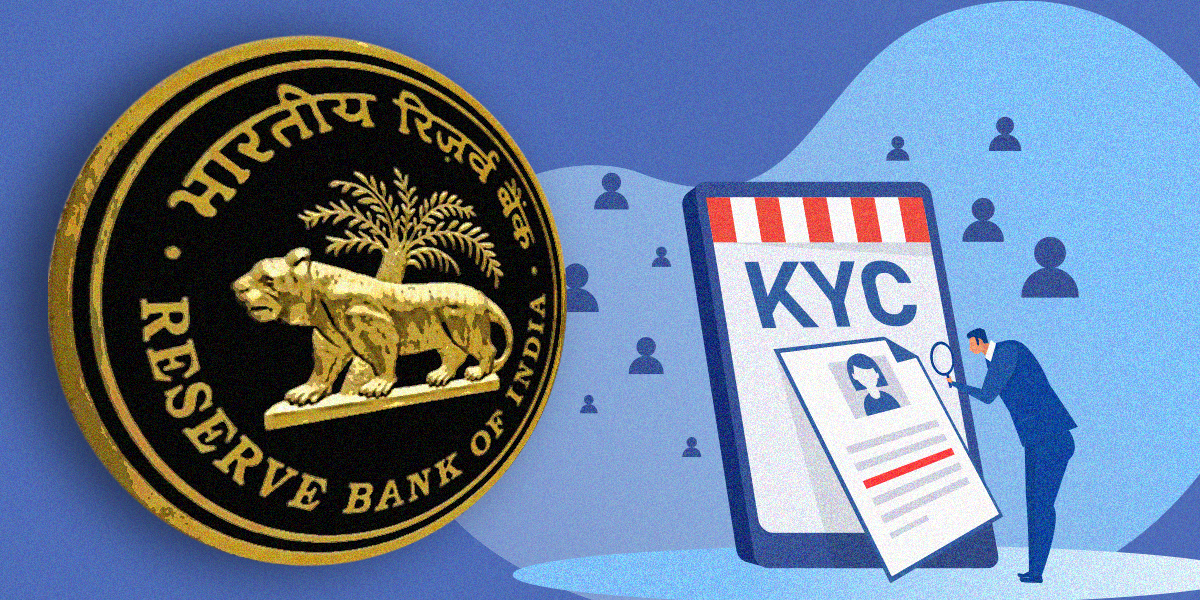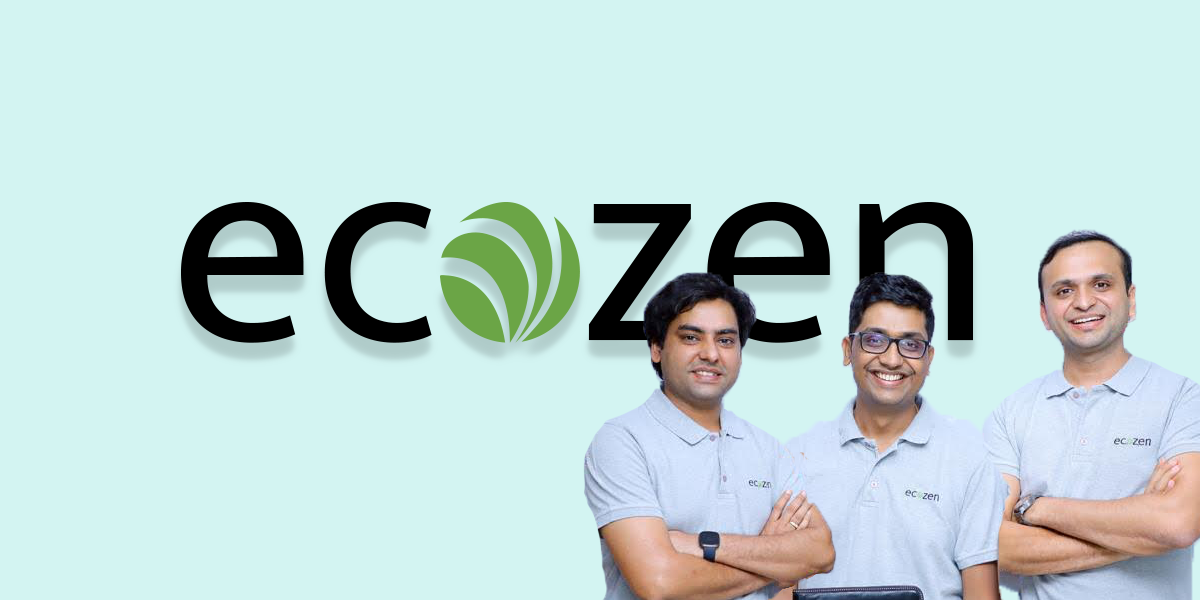Startup India Hub which was launched by Nirmala Sitharaman, the minister of state for commerce and industry, is poised to become more flexible. Besides offering knowledge, tools and experts in the nascent startup ecosystem, it will also allow startups to apply for government schemes and venture funds directly from the platform.
The news came in after Sitharaman’s statement over irregularities of central governing body on ecommerce yesterday.
Now, the ministry is working on a new initiative to enable startups to apply for government schemes and venture funds directly from the platform. This will add more transparency and encouragement to the budding start-ups in the country.
It has been developed under Indian government’s flagship Startup India programme and claims to be a one-stop resource platform for all stakeholders in the startup ecosystem, investors, mentors, academia, incubators, accelerators, corporates, government bodies, and more.
“We are in the process of adding more functionalities to the virtual hub to make it more effective as a platform,” said Karan Anand, assistant vice-president, Invest India.
He added that the real challenge is that people don’t know about government schemes. Currently, it only shows the schemes on the platform, but the next step is to allow startups to apply for these schemes and enable them to track their application forms status online.
“We will give them a formal profile and log-in details so that their application procedures can go live on the Startup India Hub,” said Anand. “We have recently tied up with companies that have launched funds including BPCL with whom we have signed an MoU to help them invest the fund.”
The portal which currently has listed about 167 schemes that hold various benefits for start-ups like Technology Development Programme, Software Technology Park scheme, Support for International Patent Protection, Electronic Development Fund Policy, Bank Credit Facilitation and Performance & Credit Rating Scheme.
Also read: New India to felicitate export-focused start-ups and SMEs with 500 policies
It is an attempt to solve the problem of information asymmetry and lack of access to knowledge, tools, and experts, especially in the nascent ecosystems across tier II and III towns. The government is also planning to launch the virtual hub in six other languages with the Kannada version expected to go live in the next two days, followed by Bengali and other languages.
To ensure accessibility across various platforms, dedicated apps are also available on both Android and iOS.
As per the portal claims, the call centre operated by the virtual hub has received more than 60,000 queries from entrepreneurs across India in the past one year and about 67 per cent of these queries have come in from tier-II and tier-III cities.














